7 false stereotypes about animals
Do elephants have a really good memory? Are owls really wise, and are sloths really lazy? Since the beginning of civilization, humans have relentlessly embodied wild animals, to the extent that it is often difficult to separate myth from truth, even in our supposedly scientific modern age. In the following images, we will describe 7 animal stereotypes, which are widespread, and we will present their compatibility with reality.
Show key points
- The belief that owls are wise mainly stems from ancient symbolism and their large eyes, but in reality, they are not particularly intelligent compared to other birds.
- Elephants do possess excellent memories, capable of recalling individuals and important survival details even after many years.
- Ants appear hardworking due to their constant activity, but their behavior is instinctual rather than a conscious effort or work ethic.
- ADVERTISEMENT
- Despite popular belief, sharks are not bloodthirsty monsters; their response to blood is natural and based on survival instincts, not aggression.
- Crocodiles do indeed shed tears, but this phenomenon serves a biological purpose related to eye hydration rather than emotional response.
- The stereotype of weasels being deceitful likely originates from their survival behaviors, not any inherent cunning or dishonesty.
- Sloths are not lazy by choice; their slow movements are a result of a low metabolic rate and physical limitations imposed by evolution.
1-Are owls really wise?
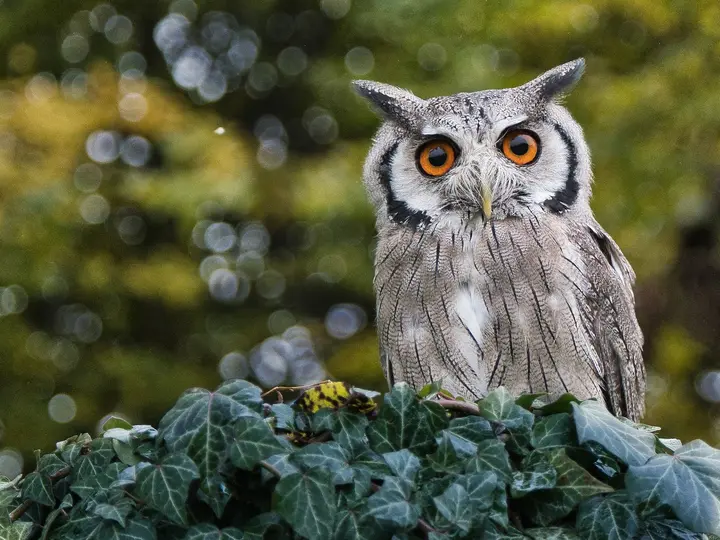
People think owls are wise for the same reason they think people who wear glasses are smart: unusually large eyes are taken as a sign of intelligence. Owls' eyes are not only unusually large; they are undeniably huge, taking up so much space in the skulls of these birds that they can't even spin in their mouths (the owl must move its entire head, rather than its eyes, to look in different directions). The legend of the "wise owl" dates back to ancient Greece, where the owl was the amulet of Athena, the goddess of wisdom - but the truth is that owls are no smarter than other birds, far surpassed in intelligence by crows with relatively small eyes.
Recommend
2- Do elephants have really good memories?

The old saying goes, "An elephant is never forgotten," and in this case, there is more than just a part of the truth. Not only do elephants have relatively larger brains than other mammals, but they also have surprisingly advanced cognitive abilities: elephants can "remember" the faces of fellow members of the herd, but can also recognize individuals they met only once, briefly, years ago. Elephant herd leaders are also known to memorize water hole sites, and there is unconfirmed evidence of elephants "remembering" their deceased companions by gently caressing their bones.
3- Are ants really hardworking?
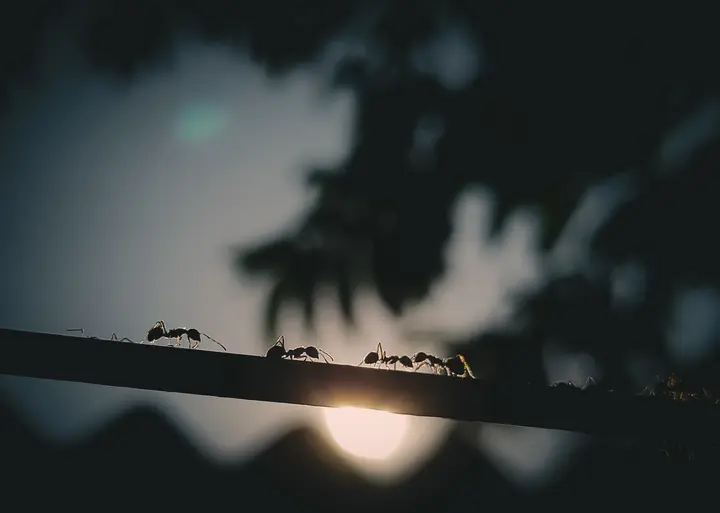
It is difficult to imagine an animal more resistant to anthropomorphism than an ant. However, people continue to do this all the time: in the legend of the "grasshopper and the ant", the lazy grasshopper spends most of its summer singing, while the ant toils hard to store food for the winter (and refuses to share its provisions with the hungry grasshopper when asked for help). Since ants constantly roam, and since different colony members have different functions, one can forgive the average person for calling these insects "diligent". But the truth is that ants do not "work" because they are designed and stimulated, but because they are programmed by evolution to do so. In this regard, ants are no more diligent than a typical domestic kitten, spending most of their day sleeping!
4- Are sharks really bloodthirsty?
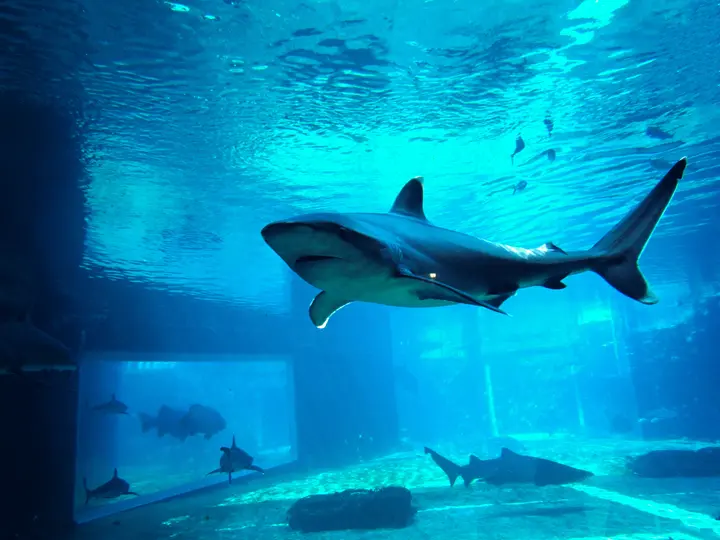
If you've read here, you pretty much know what we're going to say: sharks are no more bloodthirsty, in the human sense of being overly evil and brutal, than any other carnivorous animal. However, some sharks have the ability to detect trace amounts of blood in the water - about one part in a million. (This isn't as impressive as it might seem; one part per million is equivalent to one drop of blood dissolved in fifty liters of seawater, which is equivalent to the fuel tank capacity of a medium-sized car.) Another misconception but widely known is that "crazy shark eating spells" are caused by the smell of blood: this is related, but sometimes sharks also respond to hitting wounded prey and having other sharks and sometimes they are really hungry!
5- Do crocodiles really shed tears?
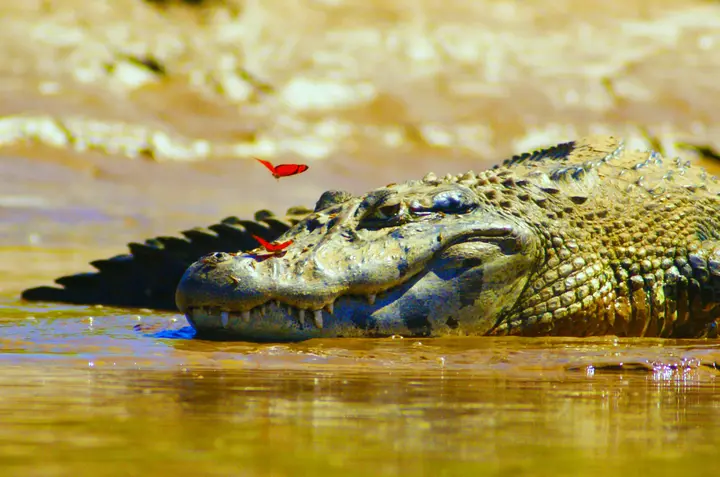
If you haven't heard this expression before, a person is said to shed "crocodile tears" when they are not honest about someone else's misfortune. The earliest source of this phrase (at least in English) is a description of fourteenth-century crocodiles by Sir John Mandeville: "These snakes kill men, eat them while crying, and when they eat they move their upper jaw and not the lower, and have no tongue." So do crocodiles really "cry" insincerity when they eat their prey? Surprisingly, the answer is yes: Like other animals, crocodiles secrete tears to keep their eyes hydrated, and hydration is especially important when these reptiles are on the ground. It is also possible that eating itself stimulates the crocodile's tear ducts, thanks to the unique arrangement of its jaws and skull.
6- Is weasel really cunning?
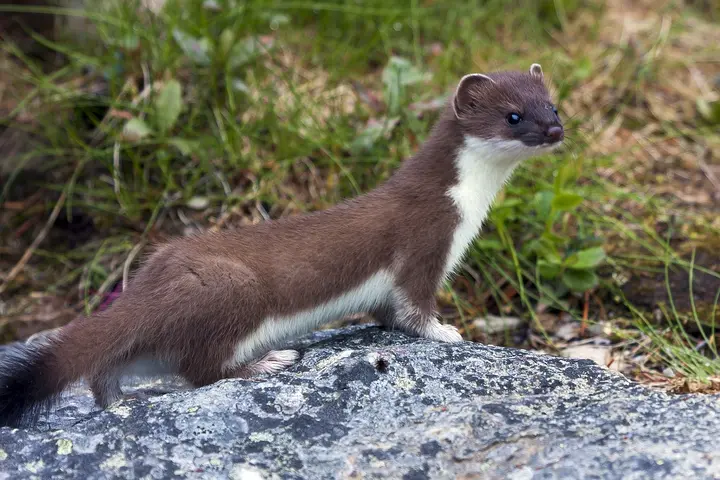
There is no dispute that their soft muscular bodies allow weasels to slide through small cracks, crawl unnoticed through the lower bushes, and make their way to impenetrable places. But on the other hand, Siamese cats are capable of the same behavior and do not have the same reputation of "infiltration" as their cousins weasels. In fact, few modern animals relentlessly slandered him compared to a weasel: you call someone a "weasel" when he's two-faced, untrustworthy, or stabbed in the back, and someone who uses "weasel words" deliberately avoids telling the truth. Perhaps the reputation of these animals derives from their habit of raiding poultry farms, which is more about survival than a matter of morality.
7- Are sloths really lazy?
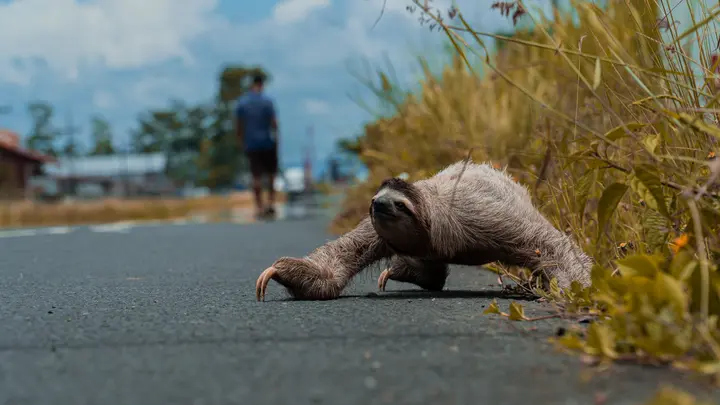
Yes, sloths are slow. Sloths are incredibly slow (you can record their top speeds within parts of a mph). Sloths are so slow that microscopic algae grow on the fur of some species, making them almost indistinguishable from plants. But is sloth really lazy? No: To be considered "lazy", you must be able to substitute (be active), and in this regard, nature simply did not smile at the lazy. The primary sloth metabolism is controlled at a very low level, about half that of mammals of similar sizes, and their internal body temperatures are lower (between 87 and 93 degrees Fahrenheit – between 30.5 and 33.8 degrees Celsius). If you drive a car directly towards a sloth (don't try it at home!) he won't be able to get off the road in time – not because he's lazy, but because he's built like this.








